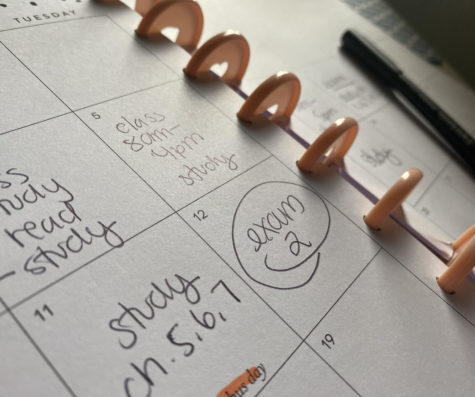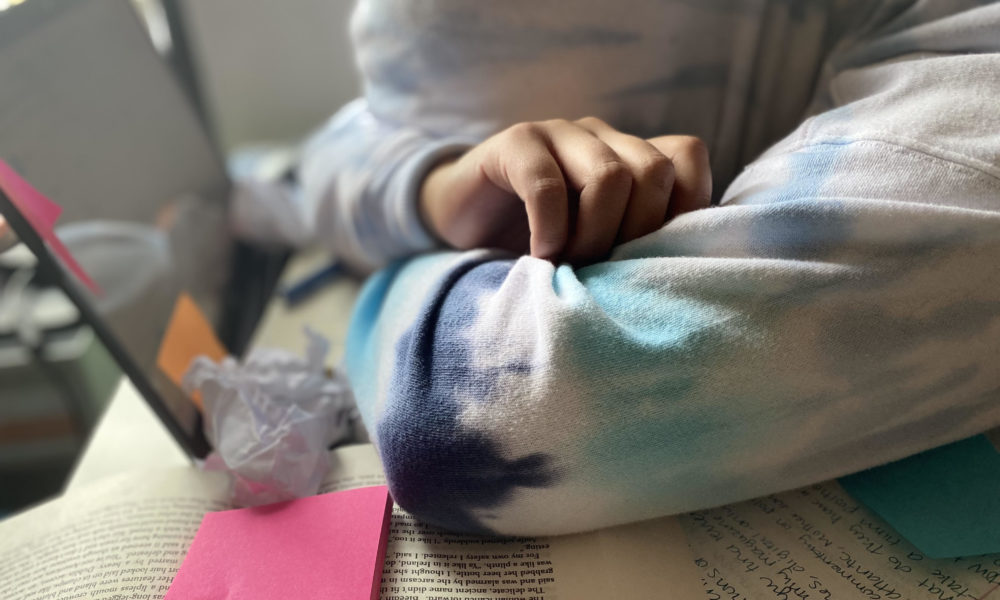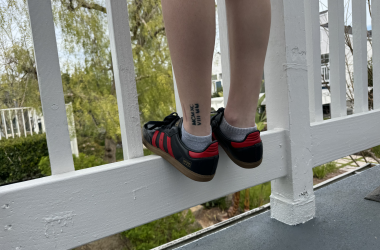Students’ packed academic schedules during the fall semester leave little room to take a break, and for some, it can be the busiest time of the school year.
It is also the time of year that students are more likely to experience depression, so how can they stay focused and push through to the end?
According to Nina King, a psychotherapist at Long Beach State’s Counseling and Psychological Services, Seasonal Affective Disorder, also known as SAD, is a mood disorder brought on by colder weather. Symptoms of SAD include fatigue, mood drop, social withdrawal, and interruption of appetite or sleep.
“People of color suffer especially bad. It’s a phenomenon seen all over the world,” King said. “My family always go to South Florida for the winter, because my mom and grandma have SAD.”
According to a study completed by researchers at Wiley Clinical Healthcare, four out of five people who experience symptoms of SAD are women.
King recommends planning ahead to manage symptoms before the fall season even begins. If you have a tendency to have a mood dip, sit down with your therapist and map out a game plan before the fall semester.
If you do not have a therapist, Counseling and Psychological Services has therapists and other resources that are available for students who would like assistance.
“If you are genetically predisposed or already have anxiety and depression, SAD is an annual thing you will have to manage from now on,” King said.
We live in sunny Southern California where it’s never extremely cold, however, the change in weather and daylight savings alters our routine. Colder weather makes mood-boosting vitamins, like Vitamin D, less accessible as people find it difficult to attend outdoor activities in cooler, less sunny seasons.
“Get a hobby, join a group of volunteers or take a class in something, anything to draw you out of your house,” King said. “Folks are going to have to be more deliberate in their actions to do physical and social things and raise those serotonin levels.”
By actively pursuing activities that boost your serotonin, you can alleviate depressive feelings and have some fun.
If it is too cold for outdoor exercise, King says you can try saunas, hot tubs and indoor cardio. According to Massive Science, the heat and increased heart rate of these activities can create improvements in your mood and relieve symptoms of depression.
Elaine Anne Araneta, a third year CSULB nursing student and mental health advocate, recommends always celebrating your wins as a way to help with seasonal depression.
“First of all, give yourself a pat on the back, you have finished ten weeks,” she said. “You need to know that you are doing great.”
Araneta said that she stays positive by having an uplifting morning routine, completed with good music and a balanced breakfast.

King said that this is especially important since nutrition impacts your mood. She recommends closely monitoring your intake of substances such as carbs and alcohol, as an excess of these can further aggravate your depression.
“If you are already depressed, it’s not a good idea to rely on any substance,” King warned. “Minimize the use of substances, especially depressants like alcohol and marijuana.”
By prioritizing your health and adopting new routines during the fall to make you feel more energetic and focused, you can successfully culminate another semester and beat the winter blues.




